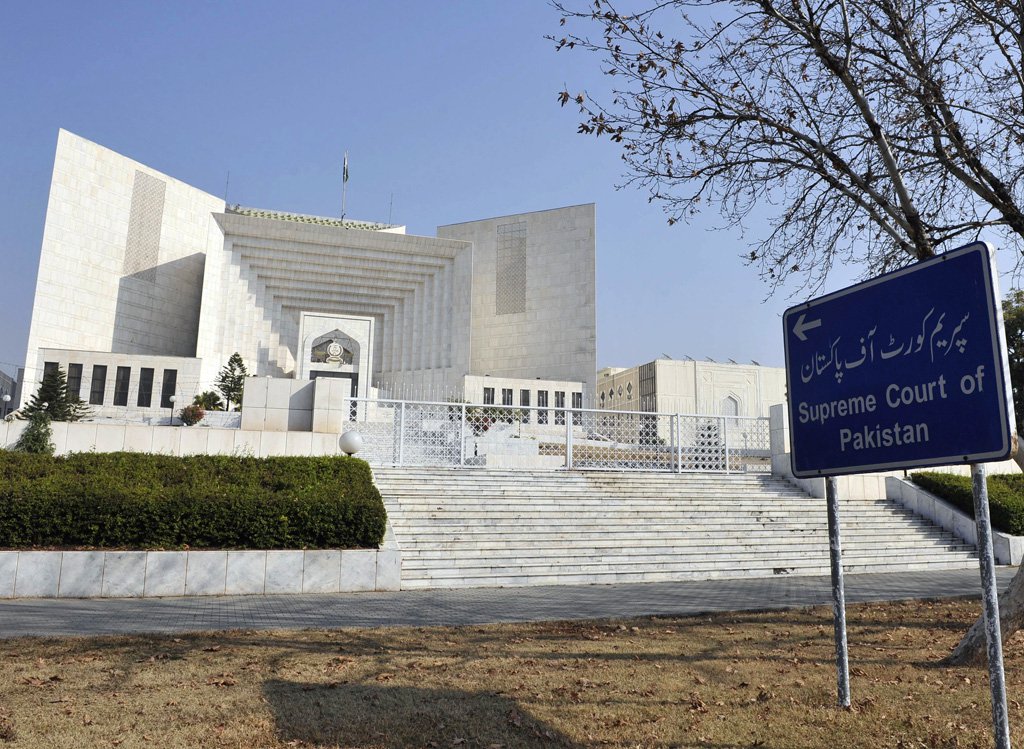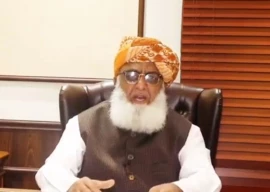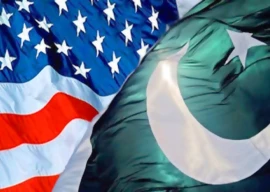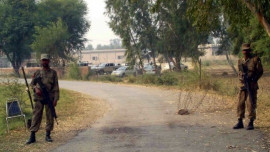
The apex court has ruled that exercise of the freedom to profess and practice religion must be reasonably regulated “on administrative considerations in the larger public interest”.
"It is essential as well as expedient that exercise of the freedom [to profess and practice religion] is reasonably regulated on administrative considerations on the paramountcy of larger public interest," said a two-page order authored by Justice Qazi Muhammad Amin Ahmed.
The verdict came on an appeal filed by an individual who had earlier moved the Lahore High Court (LHC) seeking issuance of a ‘mandamus’ for the district administration to make security arrangements for mourners’ procession during the month of Muharram at his village in Chakwal.
The petitioner had requested that appropriate directions should be issued to Chakwal deputy commissioner (DC) to set in place the measures suggested by him in the petition.
He had claimed that people of his village had been arranging annual Muharram procession for centuries. He had relied upon various articles of the Constitution.
An LHC judge in chamber had disposed of the petition, stating that Chakwal DC had already sent intimation to the district police officer (DPO) for provision of security as per previous practice and the standard operating procedures (SOPs).
“[The DC had noted that] the assistant commissioner as well as DSP [deputy superintendent police], in attendance, ensure that they will make best efforts that no untoward situation occurs and provide the security as per law,” the LHC order had said.
It had also referred to statement of the counsel for the petitioner, who had felt satisfied [with the security arrangement] and under instructions stated that they would conclude the Majlis – a congregation of Muharram – within 45 minutes.
The counsel for the petitioner had, however, challenged the LHC order, contending that notwithstanding the flux of time, a permanent security arrangement as proposed by the petitioner is required to ensure peace and tranquility during the month of Muharram.
A division bench of the Supreme Court, however, rejected the appeal.
The verdict noted that “the [state] functionaries are the best judges to evaluate the nature and magnitude of threats so as to take all appropriate remedial measures/steps required to obviate impending disasters; these are not justiciable issues."
It said the LHC judge in chamber had rightly heeded the report submitted by Chakwal DC, adding that peaceful conclusion of the event earlier had amply vindicated his position.
The court noted that subject to law, public order and morality, the Constitution confers upon every citizen the right to profess, practice and propagate his religion.
It said in a normal and ideal situation, profession and practice of a particular faith by a believer or group should not pose any issue, calling for intervention of state functionaries.
However, the verdict said, the state of affairs have alarmingly deteriorated over the time and routine events of the past have now become security nightmares with no recession or respite in sight.
“Therefore, with mounting pressures and threats, the [state] functionaries, tasked with the responsibility to maintain peace and tranquility in the society in order to ensure safety of human lives, must be provided autonomy of discretion with enough space to carry out their job without hindrance.”
The SC order also added that security measures are resource intensive arrangements with financial impacts upon public exchequer.










1728020241-0/Express-Tribune-Web-(12)1728020241-0-270x192.webp)







COMMENTS
Comments are moderated and generally will be posted if they are on-topic and not abusive.
For more information, please see our Comments FAQ